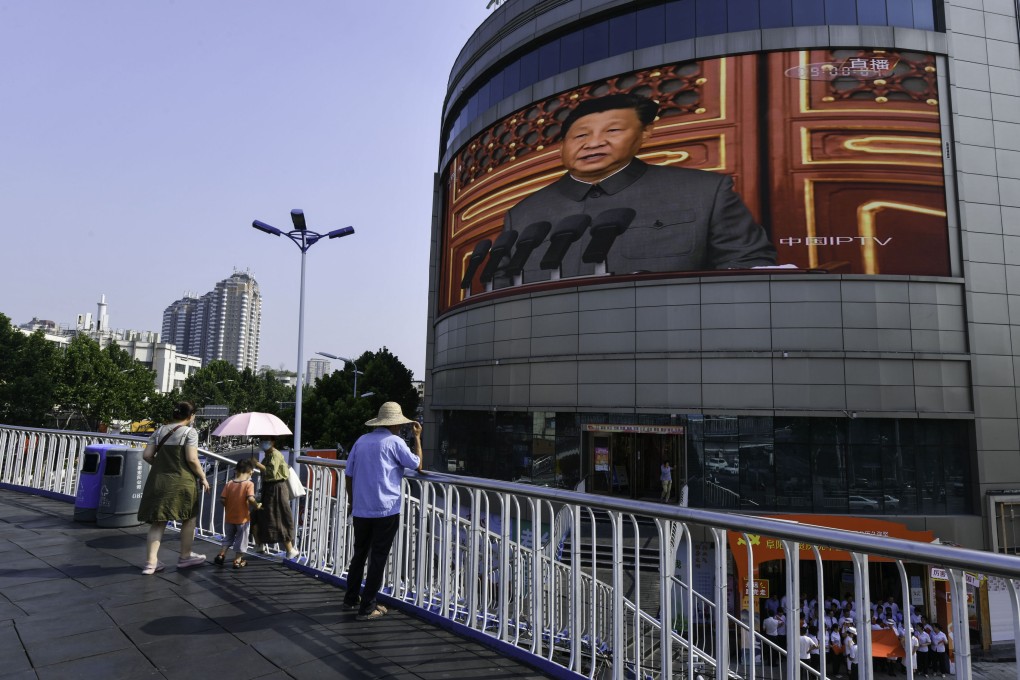Advertisement
China Briefing | Hyping China’s regulatory crackdown as a profound ‘revolution’ risks a vicious circle
- Scaling back capitalist excesses and reining in tech companies amid Xi’s calls for ‘common prosperity’ are very sensible moves, long overdue and in line with the West’s shift in approach
- But propaganda that hypes the crackdown as a ‘profound transformation’ risks another vicious cycle in which relaxing controls leads to chaos, which leads to tighter controls, then rigidity
Reading Time:4 minutes
Why you can trust SCMP
21

Until recently, many people outside China looking at the country’s great transformation in the past 40-odd years failed to appreciate how capitalist the country had become.
The Communist Party leaders had adroitly labelled the development model as being in the primary stage of “socialism with Chinese characteristics”. But in fact, China had long practised raw capitalism through and through as it single-mindedly pursued economic development above everything else – at the expense of the environment and social equity.
The party’s embrace of a market economy and private enterprise has made the country what it is today – the world’s second largest economy. Much has been written on China’s quest to make the state sector bigger and stronger but it is worth highlighting the scale and influence of the private economy, as summarised by the figure 56789 – the private sector contributes 50 per cent of tax revenue, 60 per cent of gross domestic product, 70 per cent of industrial upgrades and innovation, 80 per cent of total employment, and 90 per cent of the total number of enterprises.
Advertisement
Now as China enters a new era, President Xi Jinping has decided to scale back what he sees as capitalist excesses as the party tries to exert stronger controls on the economy and society as a whole.
Starting from November last year, China’s intense regulatory crackdown has expanded from the e-commerce giants – including Tencent and Alibaba, parent company of the South China Morning Post – to other sectors, from fintech to food delivery to ride hailing to education to property.
Advertisement
The latest targets have been gaming companies and tax-dodging celebrities and their fan clubs.
Advertisement
Select Voice
Select Speed
1.00x
